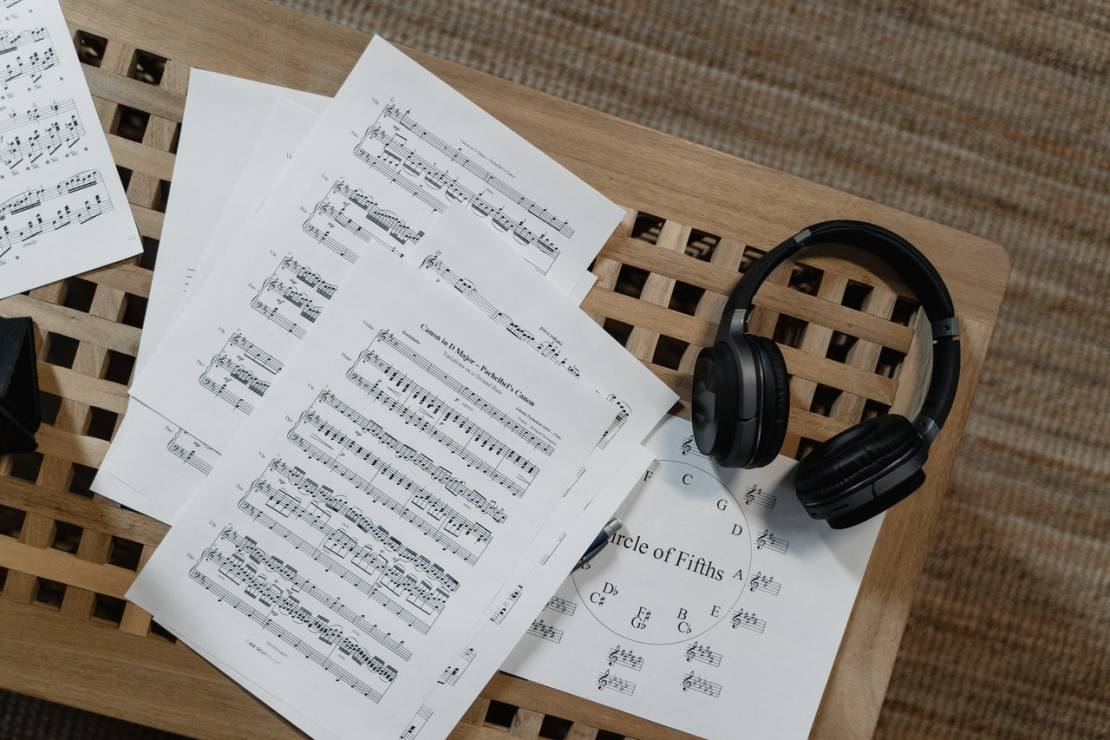
Understanding the basics of music publishing is very important for every person who writes, arranges, composes, and creates songs or musical compositions. It is paramount for musicians to be able to decipher the basic terminologies that are used in describing situations and sceneries in the music publishing space, as well as understand the process involved in publishing a song and generally understanding the total business involved in music publishing.
This is very vital because publishing is definitely one of the ways music creators get to earn money or receive compensation for their creative works. There are a lot of aspects to this rather simple arrangement that may be a bit confusing to the regular musician initially. This is because most musicians are really not inclined towards the business aspect of their creativity. This article aims to help bring to light the concept of music publishing and how its importance cannot be underestimated in the life of a music creative.
To understand music publishing, we have to go right back to understanding the copyright involved in music. Every song is basically divided into two parts, its composition, and its sound recording.
The composition is the part of the song that has to do with the musical work of the song. This involves its melody, harmony, lyrics, etc. Basically the sheet music and words of the song. The composition is like the structure behind which the song is made of and without it, a song cannot exist.
The sound recording on the other hand is the expression of a song's composition. It is what you hear when a song's composition is produced and recorded by a music artist. Without the composition, there can be no sound recording and without the recording, the composition can not be expressed in a consumable (hearable) form.
A composition can have various sound recordings to them. This is possible because of the possibility of covers being created for existing compositions. So when a song has been composed and a version of it recorded and produced, other forms of expression for that song can be recorded and produced based on that composition.
Because of this separation of the parts of a song, it also means that every song has two copyrights attached to it. They are, of course, the sound recording copyright and the composition copyright. So when a song is composed, the composition copyright belongs to everyone involved in its composition.
The sound recording copyright, however, belongs to the recording artist whose voice is used for the song's expression, or the person who pays for the production of the song. The latter is possible because of the advent of session musicians, who help record songs for a fee, and/or because of record labels, who pay for the recording costs incurred in creating music for their artists in exchange for future royalties.
Now a particular song will always have one composition copyright. But there can be numerous sound recording copyrights because different people can have their own interpretations of the same song. But all of these different sound recordings are linked to the same composition. Hence it is important that the copyright of the composition is properly catered for and kept in good condition. This is where music publishing comes into play.
Music publishing, in essence, is the exploitation of a song's composition copyright. It is basically the business of promotion and monetization of a song's composition. If compositions are the bedrock upon which millions of songs are made or remade, it only makes sense that proper management of their copyright is put in place, in order to correctly exploit and monetize the work of the songwriter, producer, and others involved in the composition of the song.
A music publisher's job is essentially to ensure that songwriters and producers get paid for their work in form of royalties and also generate opportunities for those compositions to be performed, reproduced, and exploited in many different ways. For instance, a song is used in a movie scene or in an ad, the songwriter is entitled to income for that sort of exploitative venture, and it is the publisher's job to make sure that the songwriters/composers get what they deserve and is due to them.
For example, Tunedly is a company involved in the handling of music composition copyrights for songwriters and producers. It is Tunedly's duty to make sure that songs signed into a publishing agreement with composers (usually from its Masked Music Discovery App) are properly administered, promoted, and exploited to make money for these composers or songwriters or producers.
And why is this important? Musicians need to eat. They are humans with a craft like every other professional out there. They have dreams, aspirations, and legacies that deserve to be catered for. They have families who are reliant on them for livelihood. But overall, everyone deserves to eat the fruits of their labor.
This is basically what music publishing is all about in clear and simple terms. This is of course not all that music publishing entails, there are other deeper parts that require understanding and insight for a songwriter/composer to be able to get the appropriate knowledge and gist around this massive topic. But all of that will be covered in subsequent episodes of this series.
Thank you for reading this article here on Tunedly, your favorite online music recording studio, music publishing company, and masked music discovery platform.




